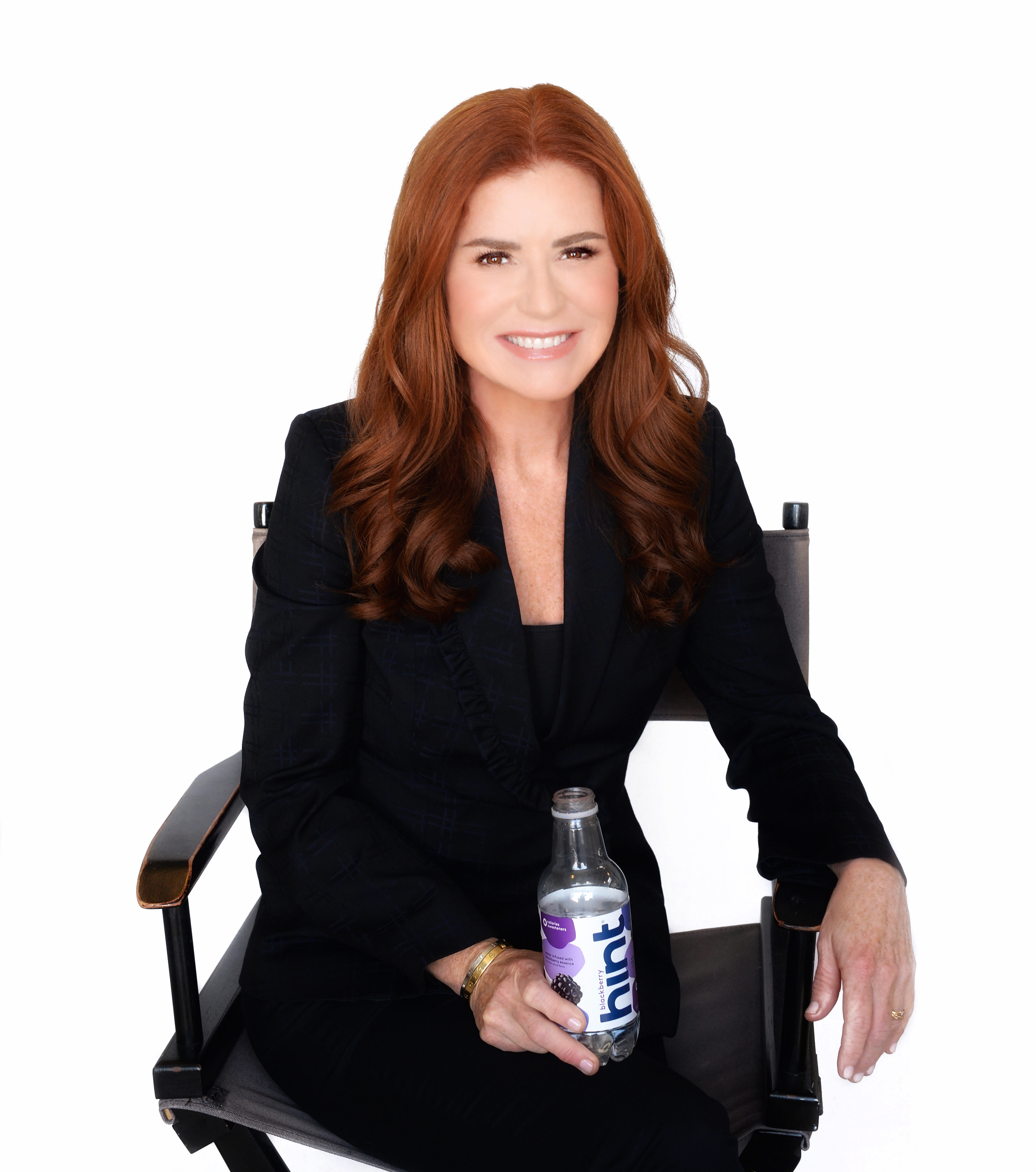How Shattering My Knee in Three Places Taught Me Lessons in Leadership
·
8 minute read
·

It’s a snowy, blustery day in New York City in 1991. I’m rushing back to work from my lunch break, not thinking about the weather because I am in the underground Rockefeller Center Plaza beneath the Time and Life building. Unbeknownst to me, though, winter has infiltrated and ice has formed on the black, marble floors by the lower-level entrance. As I am hustling along to get back to the office, I slide and take a hard tumble – slamming my knee into a marble step. My patella shatters into three pieces, requiring a bit of surgery and weeks of recovery. 😔 🤕 🤯
At that point in my career, I was a couple of years into my first job out of college, working at Time Magazine in their circulation department. And while rehabbing my knee, I learned something about leadership and empathy that I still remember to this day. My boss, Brooke McMurray, allowed me to take a month off of work to recuperate. Checking in on me regularly to make sure all was going ok.
It was only after speaking with many of my friends, hearing about the ways they had seen bosses and companies treat similar incidents that I came to appreciate what I had experienced. While many bosses didn’t operate the same way Brooke had – always fair but tough – she was also a kind person. And that set the example for what I still believe is great leadership. An example I wanted to emulate one day.
There are so many lessons about leadership that I’d experienced first-hand and took to heart when I decided to start my own company. I thought about what kind of company and what kind of culture I wanted to cultivate. I had been at fast-growing companies that rewarded self-promoters with sharp elbows. I had also worked in offices where people looked out for each other, sticking together at jobs for several years. And I knew which model I preferred.
Another experience that had made a deep impression on me early on was my father’s. He worked at Armour Food Company when, in the early ’80s, it was acquired by a giant food conglomerate, Conagra. He had devoted much of his career to his job, and in fact, had developed one of the most successful and enduring brands in the freezer section – Healthy Choice. But not long after the merger was completed, the company decided to eliminate employees in management who didn’t hold an MBA. They laid my father off from a job that he loved.
I always think back on my father’s generation. How much pressure he must have felt to pick the RIGHT job right out of college, hoping that he would make the right decision at that moment, age 21, for the rest of his working years. People didn’t even think about changing roles as often as they do today. And he certainly didn’t dream of being laid off for not having an MBA.
Today, the length of tenure for employees at companies has steadily declined in the last decade. While experts have pointed to the elimination of pensions and other financial benefits that had traditionally kept people at jobs for decades, I think it goes beyond money. During the recent pandemic, so many people have left their jobs that it’s been dubbed a “quitting epidemic,” citing reasons such as wanting a better quality of life or feeling a need to get the skills training they didn’t have. More and more, workers at all levels are citing stress as a key factor in deciding to make any change. Not having the socialization of being in an office with other humans could definitely be one factor for this stress, coupled with having to deal with family necessities.
I recently interviewed one of my favorite CEOs, Kate Eberle Walker, on my podcast The Kara Goldin Show. We discussed the importance of connecting on a human level at work, something she also writes about in her new book, The Good Boss. She says that a core principle that is important for everybody – bosses and employees, men and women – is that you have to be authentic and show who you really are at work. Empathy matters. She explains that while some of us might have come of age at a different time where we were taught that you should draw lines in work relationships, this is not the preferred level of connection today.
Another one of my guests on my show was Jonathan Dwoskin. He’s an entrepreneur and founder who now coaches leaders on expanding their businesses and optimizing their workforces. He shared that many companies still don’t invest in training their people – salespeople, managers, or even their leadership teams. Not investing in your people to help them be better eventually makes everybody feel stuck. And the biggest factor in job dissatisfaction is stagnation.
I’m a huge advocate for people – at all levels – to keep challenging themselves and always be setting the bar higher. Learn each day. Push your own limits to levels that you didn’t even know you had in you.
A few years ago, I sat down with one of many competent team members at Hint. He’d been in the same role for a while, and while he was very good at his job, I had noticed that some rote-ness had set in. I asked what he wanted to do next, but he didn’t know. So I said something that might have come off as a bit shocking at first.
I encouraged him to hire his replacement.
He needed to find something new at Hint that would keep him growing. While he clearly was a bit shocked at first, he listened and started exploring what other roles inside of Hint that could help him learn. What else was he curious about? Interested in. And when he finally did hire his replacement, managing them at first while learning his new role, what he realized was how invigorating it can be to take on a new role with new challenges that forced him to grow.
What kind of work environment do you want to cultivate? It’s a question that not only every founder and entrepreneur should ask themselves, but it’s one that every employee at every level should consider too. The actions we take collectively – in both obvious and subtle ways – are what all add up to the culture we share as co-workers. I choose to be in a community where we are all challenging ourselves to keep learning and stay curious. Where we are empathetic too. And kind. And I work toward those goals every day. That’s the kind of company that I want to work in and lead. And people who agree with these goals are the kinds of people who I want to work with.
Undaunted
Get Kara’s Insights In Your Inbox









